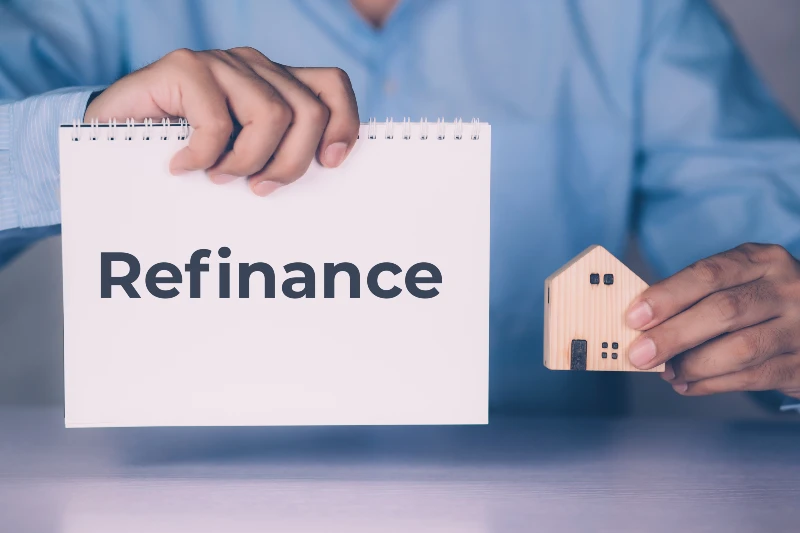There are a lot of homeowners who refinanced their homes in the past two years due to the low-interest rate caused by the COVID-19 pandemic. However, refinancing may not be a good option in the current market due to the high mortgage rate.
Here are the top 5 reasons why refinancing your home is not a good option at the current market.
Contents
1. Interest Rates Have Increased
The main reason why people refinance their homes is to get a lower interest rate. However, interest rates have been increasing since 2021 and are expected to continue to go up in 2023.
In Nov 2022, the Federal Reserve System (FED) increased its target range for federal funds rate (short-term borrowing rates) by 0.75% to 3.75%-4%, the highest level since January 2008.
The purpose of the FED to raise the interest rate is to reduce inflationary pressures. The interest rate increase here is to increase the US federal funds rate instead of the interest on our deposits or mortgages, but the interbank offered rate.
The increase in inter-bank lending rates makes it more expensive for commercial banks to obtain funds and consequently, their mortgage funds will also become more expensive. The current mortgage rate for the 30-year fixed rate is around 7% and may still increase further.
2. Their Refinancing Costs Will Be Greater Than Savings
You also need to consider all costs involved in refinancing in your decision while you’re considering the saving amounts you will have. This includes additional fees such as applications, loan origination fees, points, and closing costs which can add up quickly.
If your mortgage rate was only a little higher than what’s currently available in the market, then there might not be much savings to be had even if you do refinance. It is recommended to crunch the numbers and make sure that your refinancing costs won’t outweigh any potential savings from a lower interest rate.
For example, closing costs are usually between 2% and 5% of the loan amount. If you’re refinancing a $200,000 loan, it could cost you as much as $10,000 in closing costs alone. So if the monthly savings from your new mortgage rate isn’t higher than that, then it’s probably not worth it to refinance.
If you’re not going to be in the same home for more than five years, refinancing probably isn’t worth it. This is because you won’t be able to recoup the costs of refinancing in that amount of time. It’s also not recommended to do the refinancing if your mortgage has only 5 years left to pay for.
3. Your Credit Score May Suffer
When you apply for a refinance, lenders will check your credit score. This may cause a temporary dip in your score due to the hard inquiry that’s been made. If you already have a low credit score, this could mean that you’ll be rejected or offered less favorable terms than those with higher scores.
So if your credit score isn’t in the best shape, it might be better to wait and improve it before applying for a refinance.
4. When You Don’t Have Enough Equity
Equity is defined as the total value of your home deducting the amount you still owe on your mortgage. If you don’t have enough equity, refinancing may not be the best option. Generally, lenders require that you have at least 20% equity in your home before considering refinancing.
If you owe more than 80% of what your home is worth, a lender won’t approve your application and you will have to wait until the value of your home has increased enough to have the necessary equity.
5. You’ll Increase Long-Term Costs
When you refinance your home, you will reset the term of the loan. This means that if you’re currently on a 15-year mortgage and refinance to a 30-year one, you’re essentially starting from scratch with your payments.
While this may lower your monthly payment in the short run, it also increases the amount of interest that you’ll pay over the life of the loan. So if you’re looking to save money in the long run, refinancing may not be the best option.
Final Thought
When it comes to refinancing your home, there are many things to consider. As you may have noticed, the current mortgage rate is higher than before. Although it can be an option to save money in the short run, it may not make financial sense if you’re not going to be in the same home for more than 5 years, your mortgage has less than 5 years left to pay for, or you don’t have enough equity.
At the same time, you’d better consider all potential costs such as closing costs, potential tax implications, and how it will affect your credit score and the long term costs. And finally, you should do your research and crunch the numbers to ensure that refinancing is the right decision for you.
